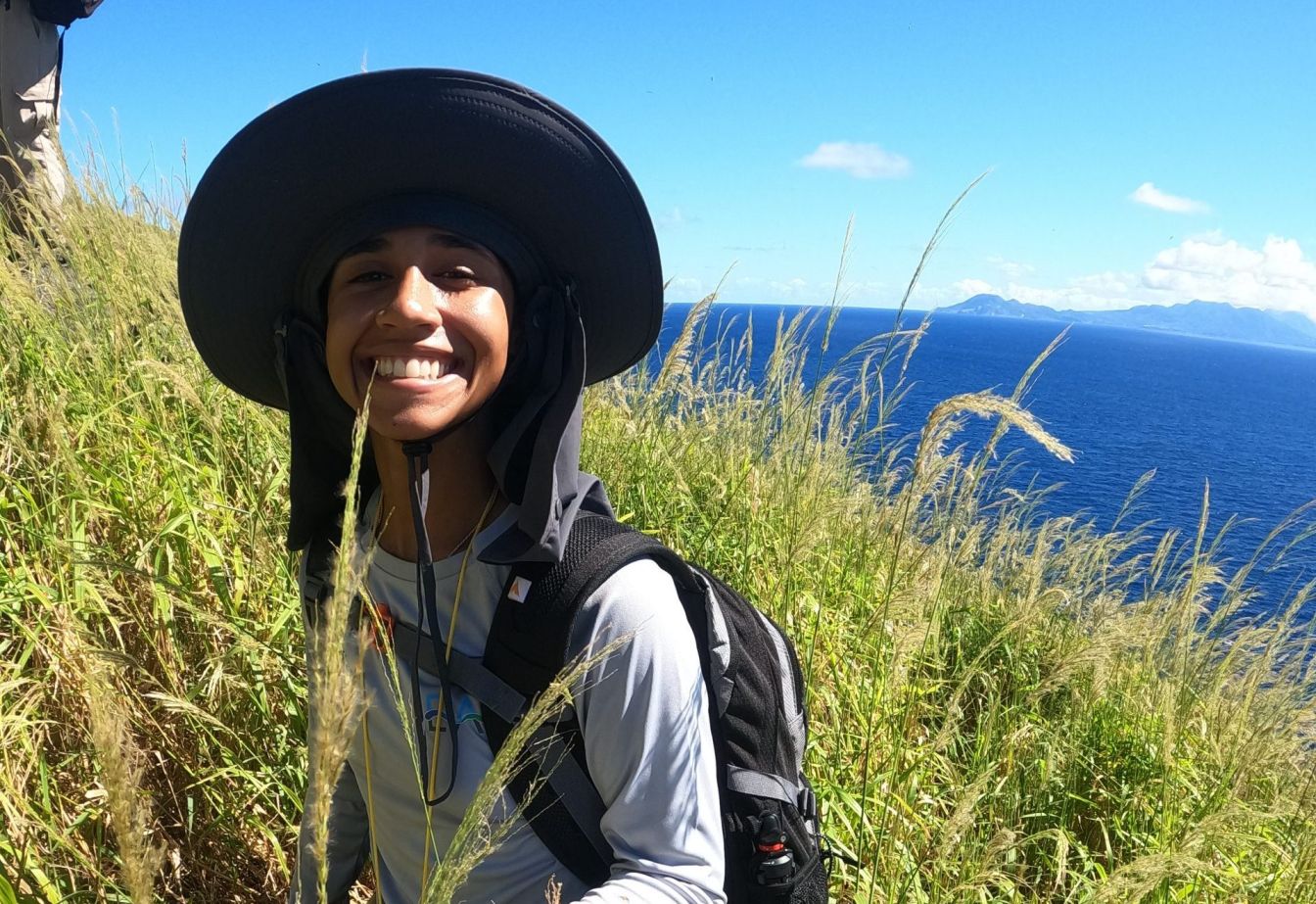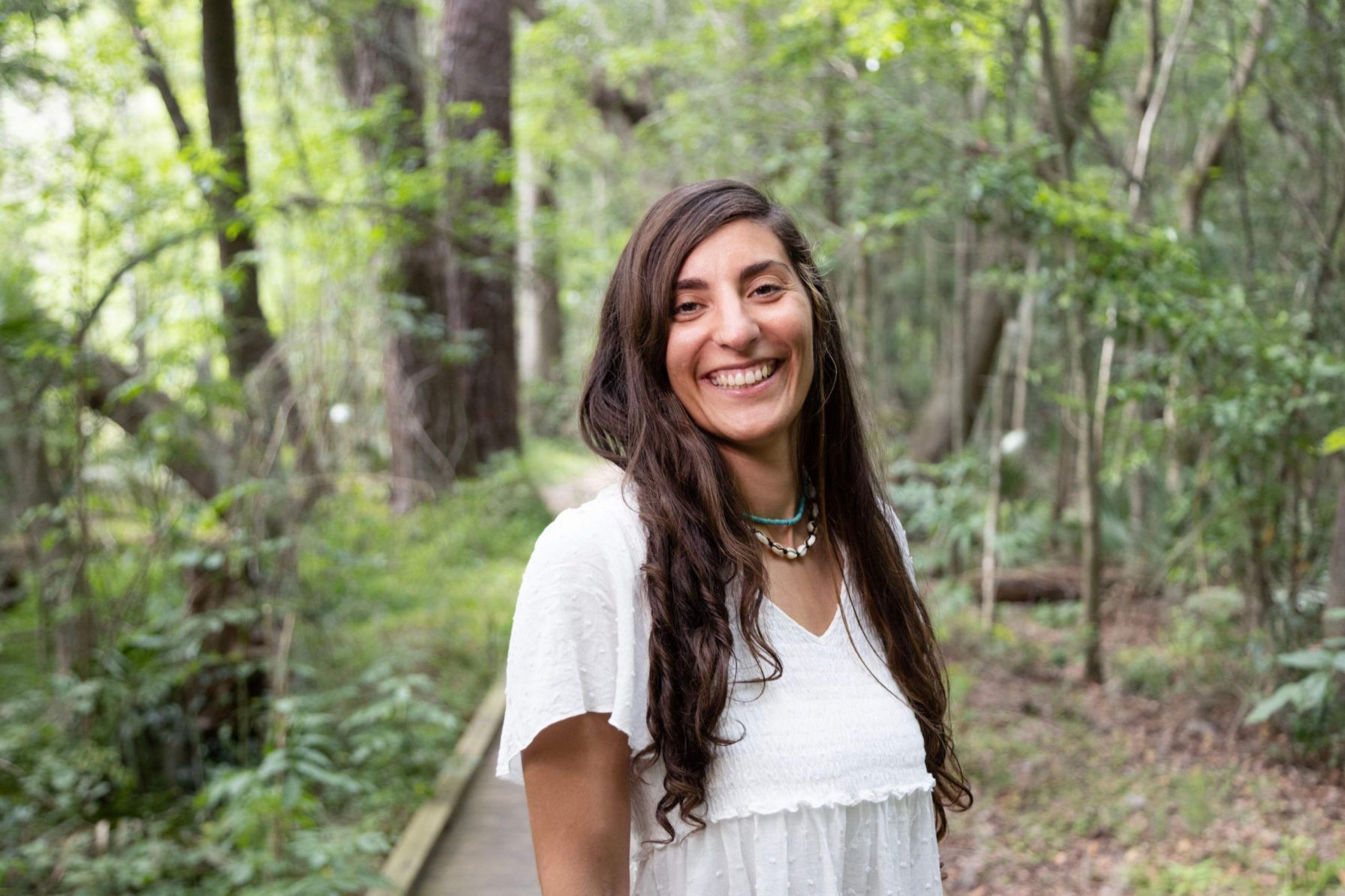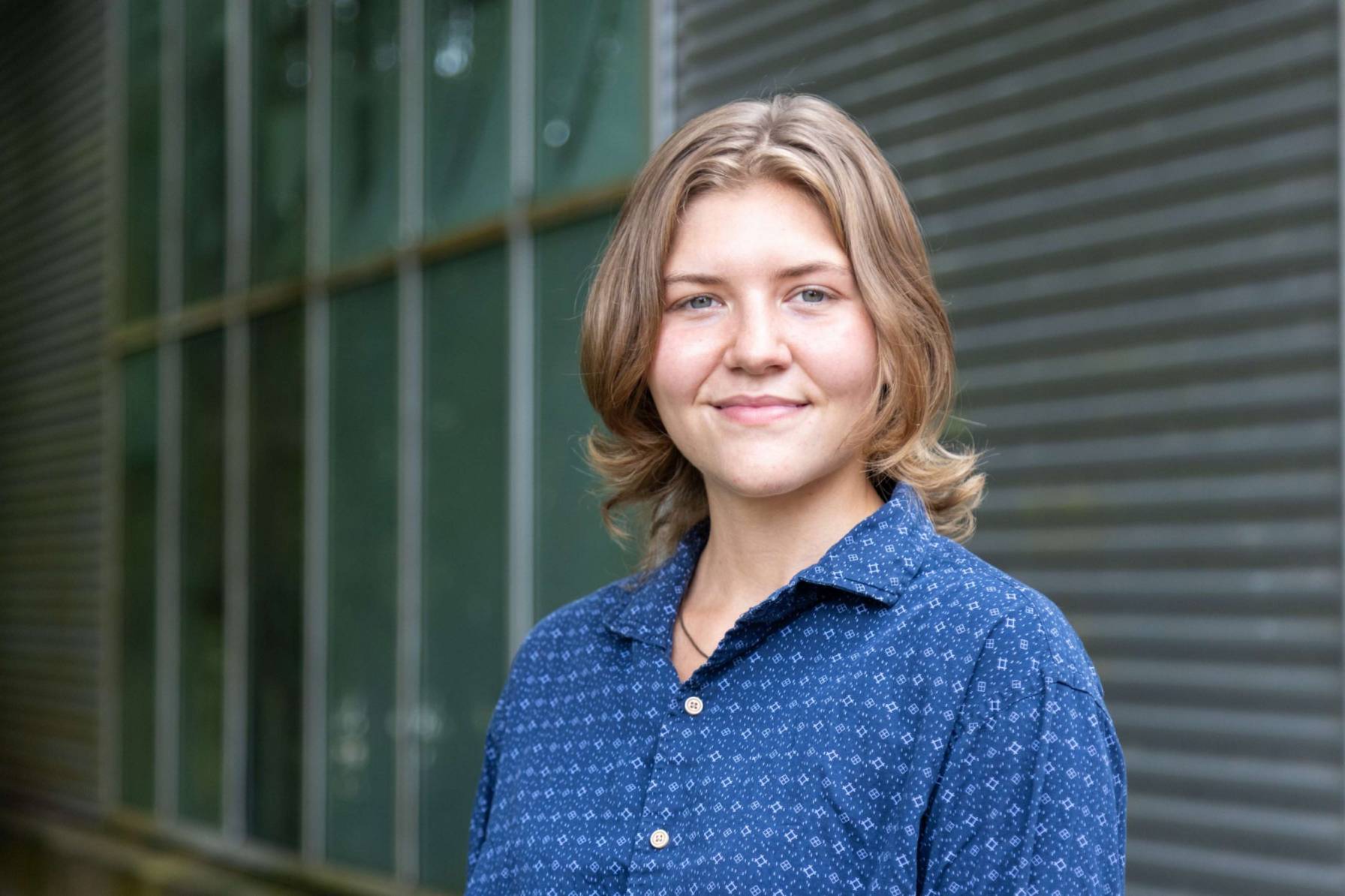Dear friends and colleagues,
Nearly 900 million people live in low-lying coastal zones around the world, in communities that are disproportionately affected by rising sea levels, ocean warming, increasingly extreme weather and other coastal hazards, according to UN secretary-general Antonio Guterres. This global population is a staggering 15-times more likely to die from flooding and storms. As we prepare for Hurricane Idalia to make landfall and impact communities across the region, we are acutely aware of this vulnerability and the need to build resilience and effective emergency response measures.
These urgent, complex coastal challenges demand talent, ingenuity and the ability to work across disciplines and sectors to find needle-moving solutions. Here at the Center for Coastal Solutions we are empowering students to become the innovative thinkers and global problem-solvers the world needs right now.
We view marine science and engineering as a pathway to building a better world. As do students like Ph.D. candidate Britney Hay who hails from Antigua & Barbuda, an island nation vulnerable to climate change: “I pursue science because I think it has the ability to change the lives of people.”

Or Beatriz Marin-Diaz, a postdoctoral student from Spain who monitors living shorelines at Tyndall Air Base as they rebuild from Hurricane Michael: “I have always been driven by the urge of working in nature, and seeing it being degraded motivates me a lot to work on trying to preserve it or restore it. The research that I do can be applied to protect nature. This is my motivation.” You can learn more about Bea’s work in this month’s newsletter.

Our education program offers Bea, Britney and all of our students experiential learning opportunities at the leading-edge of coastal ecology, engineering and emerging technologies. Our students learn the latest scientific concepts, methods and technologies such as AI and supercomputing. They work extensively in the field solving real-world problems alongside leaders from academia, industry, government, and nonprofit organizations. This work is meaningful while also helping them develop the skills and knowledge they will need to be successful in the workforce of the future.
Our hands-on approach helps students develop a cross-disciplinary, creative and collaborative approach to solving the wicked problems we face. Students like Teagan Frazier, an environmental engineering major, who values opportunities to gain field experience while working on dune restoration, an issue she cares about: “CCS has helped prepare me for my career beyond being an undergraduate student. It’s offered me a lot of real-world experience, experiencing what it’s like to work as a professional, as well as giving me a specific research interest to pursue.”

As our Center continues to grow, we are excited about creating new pathways to success for our students through opportunities for professional development, mentoring and internships with partnering institutions. We believe strongly that an investment in our students is an investment in engineering a better, safer future for everyone.
